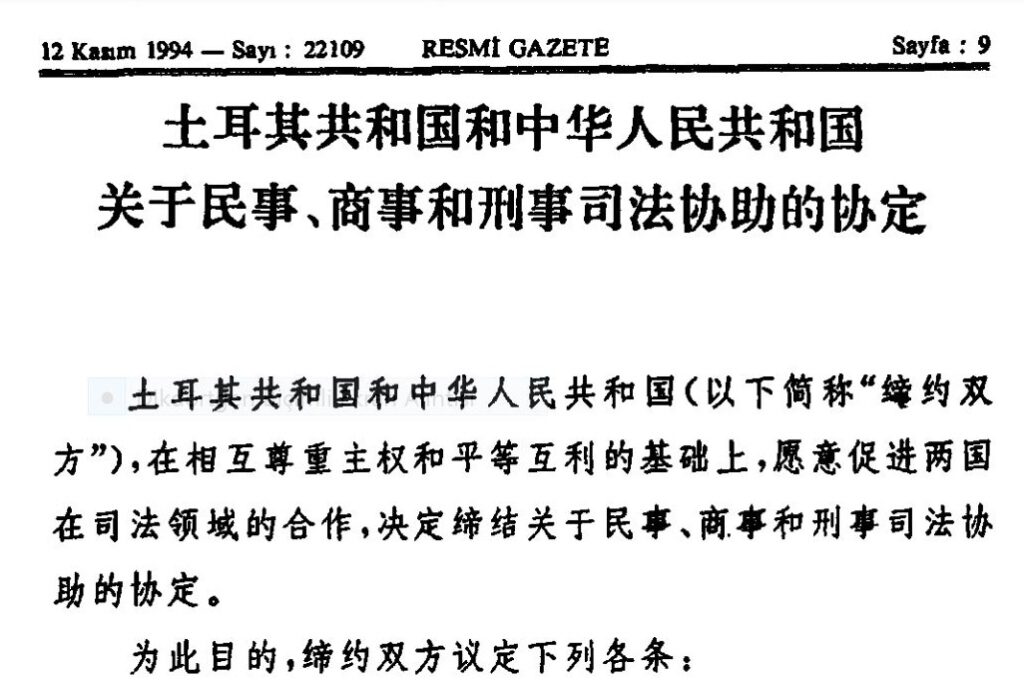With respect to enforcement of a domestic or foreign judgments or awards, the best way to secure such enforcement is the attachment of the debtor’s assets, which will ensure the freezing of these assets pending the enforcement proceedings – this is generally what a creditor will seek first.
Enforcement of China Courts Judgements in Turkey
Turkey entered into bilateral treaty for the reciprocal recognition and enforcement of foreign judgments and judicial assistance in respect of commercial and civil matters with China. On the basis of de facto reciprocity, Turkish courts recognise and enforce the judgments of China.
Legal Basis
Enforcement of domestic judgments (through what is known as an “execution proceeding” in Turkey) is regulated under the Execution and Bankruptcy Law. Enforcement of foreign awards is regulated under the Act on Private International Law and Civil Procedural Law No 5718 (PILA).
Judgments
For the purposes of execution proceedings, the following are regarded as “judgments”:
Types of judgments Executable
The general outline of enforcement proceedings
Domestic Execution proceedings are carried out by execution offices, which are quasi-judicial bodies. The procedure does not differ according to the nature of the judgment to be executed.
 English
English Türkçe
Türkçe Français
Français Deutsch
Deutsch








Comments
No comments yet.